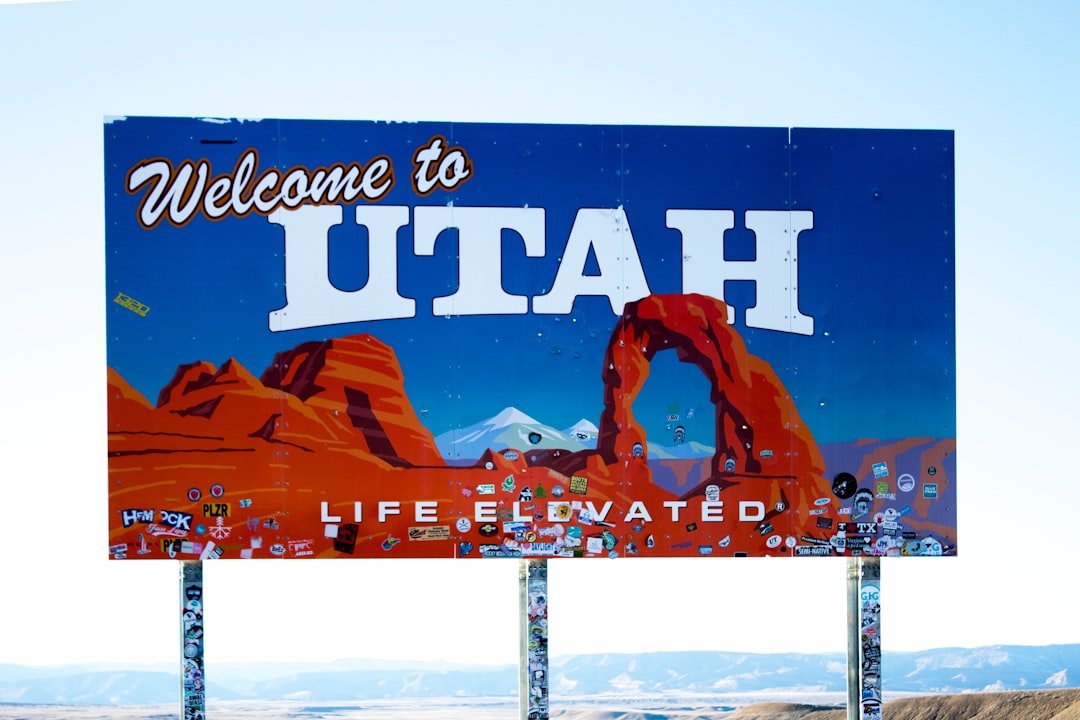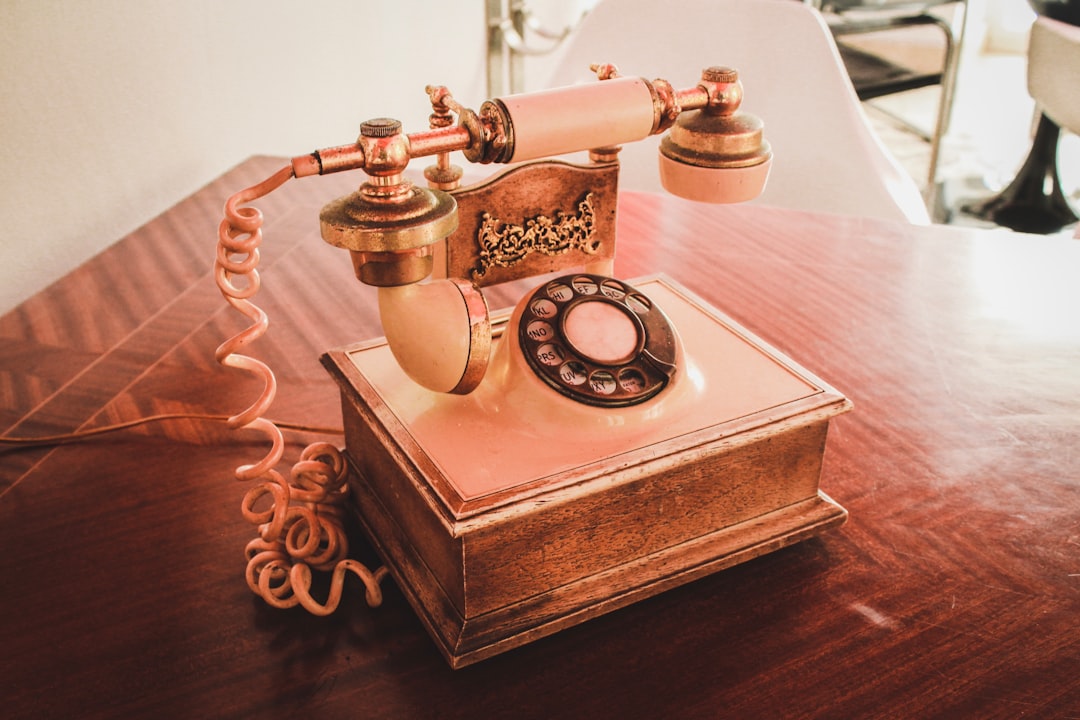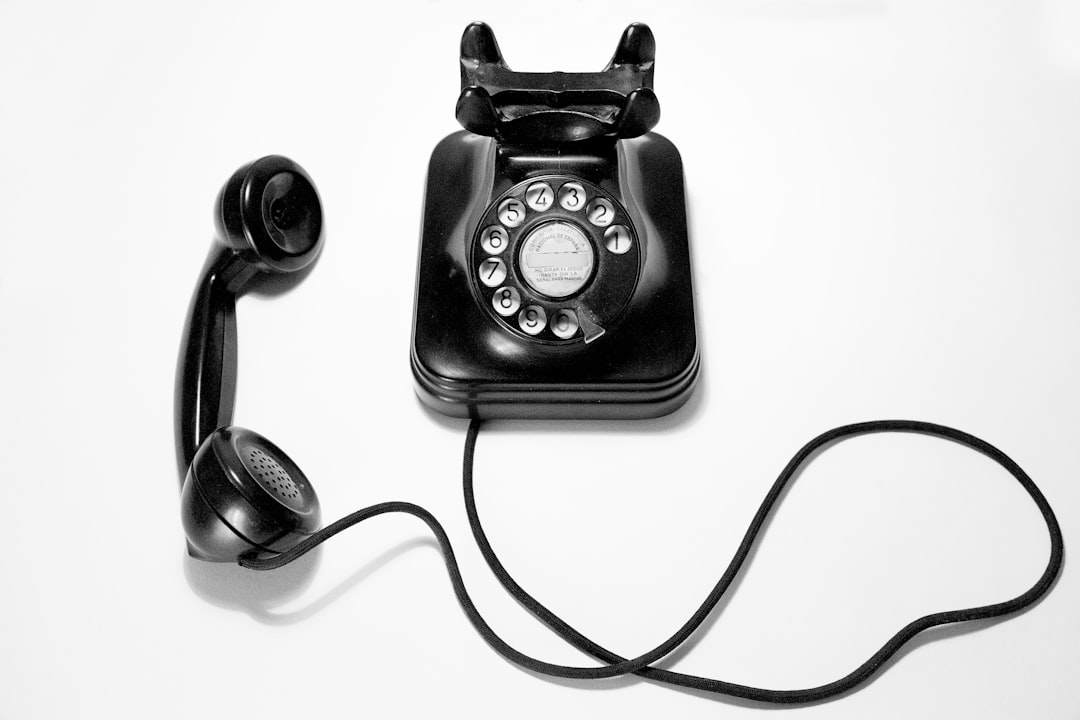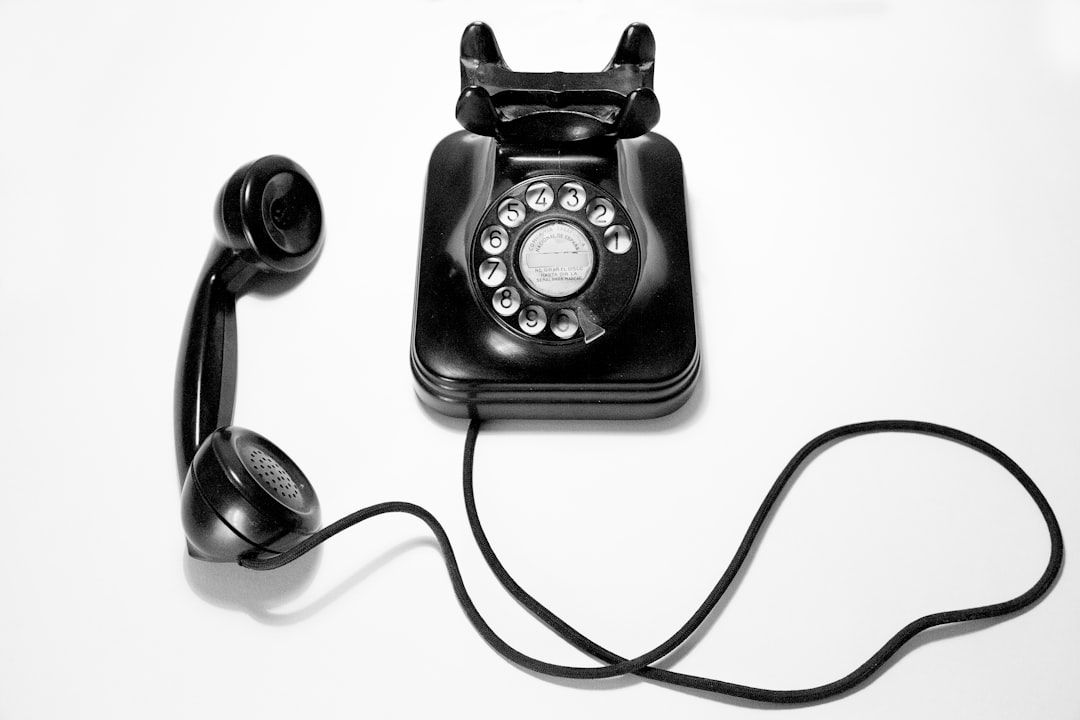Utah residents are protected from unwanted telemarketing calls through state laws. The "Do Not Call" list reduces marketing calls, and legal action can be taken against persistent violators. Consumers can file complaints with the Utah Department of Commerce to stop unauthorized calls, including those from law firms (e.g., Do not call lawyer Utah, Do not call attorney Utah). Consulting a specialized lawyer for Do not call Utah ensures rights are respected and provides guidance on taking legal action if needed.
In Utah, telemarketing laws protect consumers from unwanted phone calls and sales tactics. If you’re tired of receiving persistent or misleading phone calls from lawyers, attorney firms, or legal professionals promoting their services, understand your rights under these regulations. This guide explores what constitutes telemarketing in Utah, the rights reserved for consumers, and the steps to take if a law firm or ‘do not call’ lawyer violates these rules. Learn how to protect yourself and reclaim peace of mind.
What Are Utah's Telemarketing Laws?
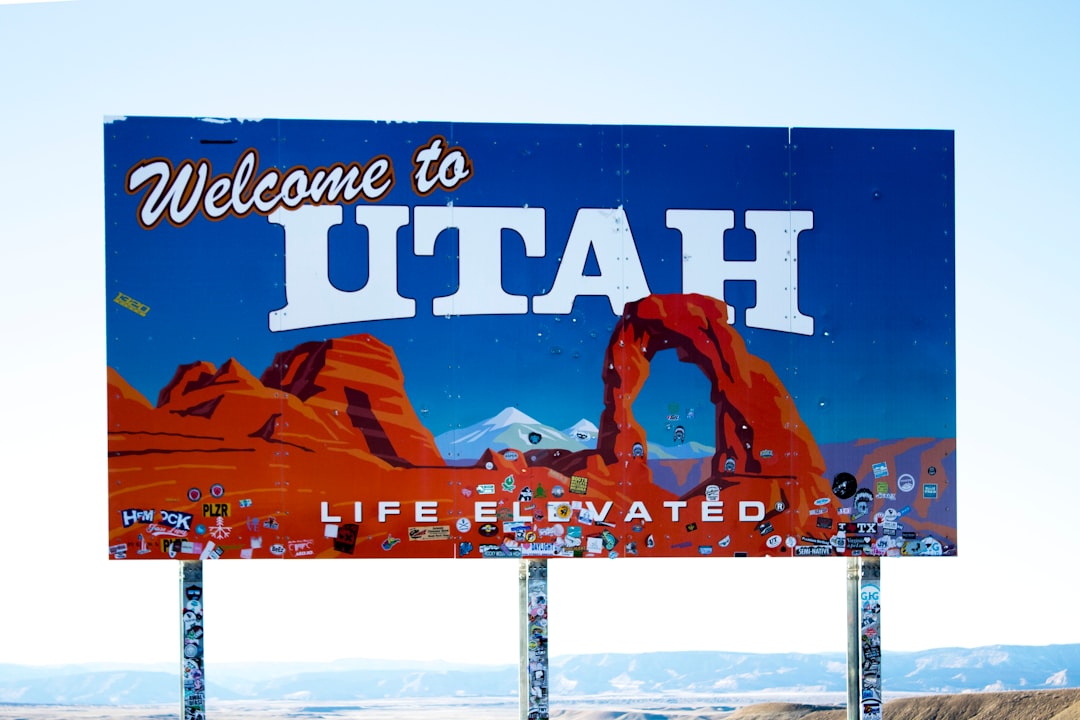
Utah’s Telemarketing Laws are designed to protect residents from unsolicited phone calls, often referred to as telemarketing or robocalls. These laws give Utah citizens the right to refuse certain types of marketing calls and provide mechanisms for reporting violations. If you’re tired of receiving unwanted calls from law firms, attorneys, or even do-not-call lawyers in Utah, understand that there are regulations in place to help.
The Do Not Call list in Utah is a powerful tool available to residents. By registering your number on this list, you can significantly reduce the number of marketing calls you receive. Moreover, these laws also restrict the times during which telemarketers can call, ensuring citizens enjoy some peace and quiet during certain hours. For those seeking legal recourse against persistent violators, there’s the option to file complaints with the Utah Attorney General’s Office, potentially leading to action against the offending parties.
Your Rights as a Consumer in Utah

In Utah, consumers have specific rights when it comes to telemarketing practices. The state’s laws aim to protect residents from unwanted and deceptive marketing calls, ensuring that individuals can enjoy peace of mind in their homes. If you’re receiving frequent or harassing phone calls from telemarketers, especially those claiming to represent law firms or attorneys (Do not call lawyer Utah, Do not call attorney Utah, etc.), know that there are measures in place to safeguard your rights. You have the legal right to ask for your number to be added to a “do not call” list, which can significantly reduce the volume of unsolicited calls you receive.
Utah’s telemarketing regulations empower consumers to take action against companies and individuals who violate these laws. If you feel that you’ve been targeted by unethical telemarketers or received calls from law firms (Do not call law firm Utah) without legitimate business purpose, you may consider seeking legal counsel from a lawyer specialized in handling such cases. A lawyer for Do not call Utah can guide you through the process of asserting your rights and taking appropriate legal action if needed.
How to File a Complaint Against Violators

If you’ve been troubled by unwanted telemarketing calls, you have options. Filing a complaint is an important step to protect yourself and hold violators accountable under Utah’s Telemarketing Laws. You can file your complaint with the Utah Department of Commerce, which oversees consumer protection matters. This process is straightforward and can be done online or via phone.
When complaining about a “do not call” violation, make sure to provide as much detail as possible. Include the caller’s name, company, phone number, date, and time of the call. Additionally, if you have any recordings or notes from previous interactions, these can be invaluable. Consider seeking legal counsel from a Utah-based lawyer specializing in telemarketing laws—they can guide you through the process and help ensure your rights are protected. Remember, standing up for your “do not call” preferences is crucial, and with the right steps, you can deter future violations.

